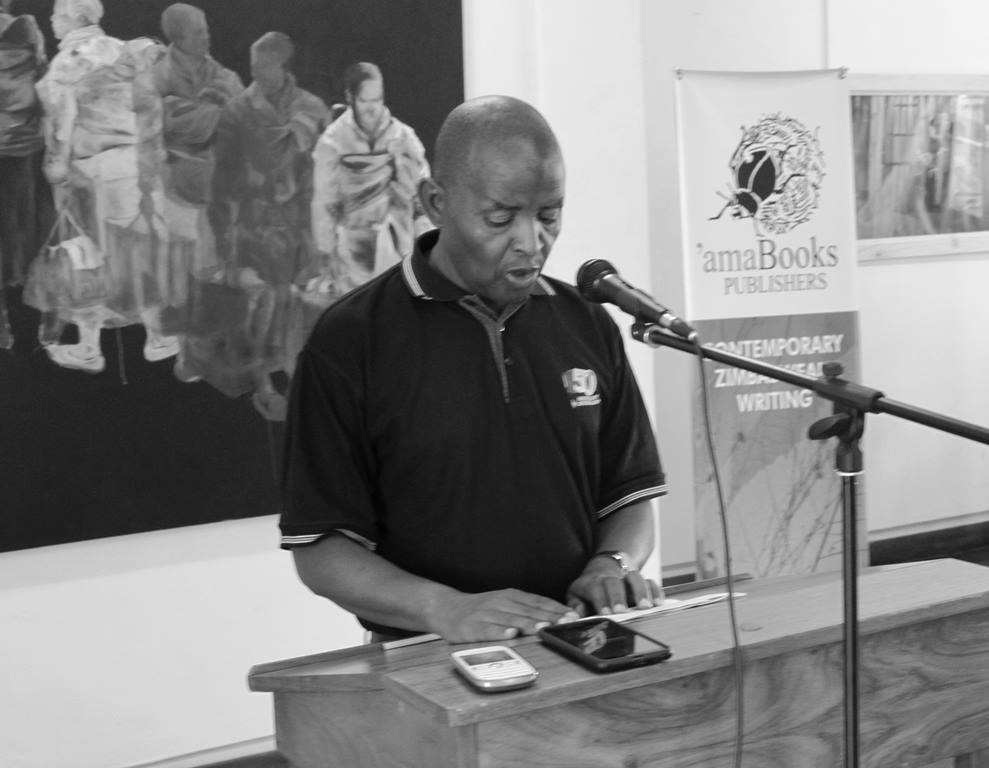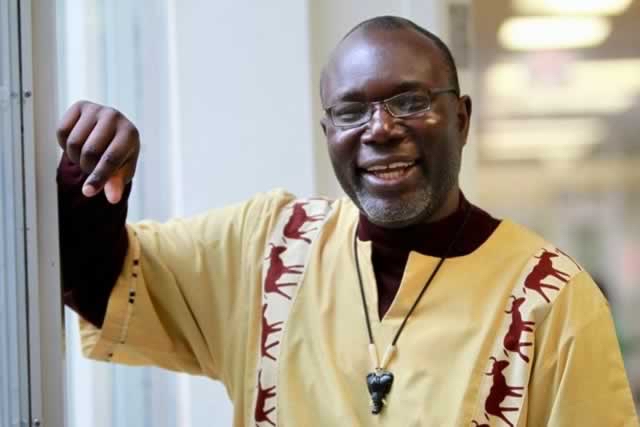I read because of two main
reasons – the little pamphlets of short stories in IsiNdebele that used to be
distributed at our primary school, and love for my Grade Six teacher. The first
reason is perfectly safe to write about, but the second needs clearing from the
Mrs. I hope to obtain “ethical” clearance sometime today.
When I went to Manyewu
Primary School in Bulawayo, between Grades 3 and 4, there was a company that
used to distribute little newsprint pamphlets of folktales, written in
IsiNdebele. Perhaps some were in English, but I doubt. Anyhow, the
illustration, as far as I recall, was great because you could follow the story
by merely looking at the pictures. Then either the teacher or some great readers in class would
read out a folktale, normally when we were outside the classroom, awaiting our
turn to go inside a classroom occupied by another grade. This system was called
“hot sitting” and designed to share not only classroom space but books as well.
In short, it meant going through the syllabus in half the required time as
students alternated attending school in the morning and the afternoon. There
was a waiting period to go inside the classroom and it was this moment when
stories of hare and baboon, the man and the leopard, the chameleon and the
gecko and many others were read out loud. I was hooked. I read and re-read each
one of these stories on my own and started my own library. The booklets were affordable,
something like five cents I think. I sacrificed some of my “break” money to buy
these. I do not remember volunteering to read or being asked to by my teachers.
I was too quiet and probably looked stupid as one teacher once said. But I had
read all of those booklets and had started experimenting with reading longer
writings.
But those pamphlets come a
distant second to my Grade Six teacher. She was called Miss Ndebele. I loved
Miss Ndebele because she was beautiful and smelt great. She also wore
high-heeled shoes and had a smile to outshine the brightest summer sun. She is
the very first woman that I fell in love with not only for her looks but also
because she noticed my love for reading and encouraged it. So I loved her
desperately like any Grade Six boy would – not really knowing what that meant
and completely clueless what I would do with her if she had said, “Here I am,
love me.” We had by then, at
Ntabeni Primary School, a “Corner Library” – a small bookshelf really – packed
full of abridged English “classics” and other writings. Most of these were
under the Ladybird Series. It was Miss Ndebele who noticed that I was a good
reader of English and an even better writer of compositions in the language.
The more I read out loud in class, the more I practised in private – both
silently and loudly. I could not disappoint Miss Ndebele. Then my compositions
started being paraded in our class, in other classes and ultimately taken to
the Headmaster! And Miss Ndebele said she was very proud of me. Then she
started directing my reading. Had I read Treasure
Island? How about The Black Tulip?
Around the World in Eighty Days was
another fine book, she once said. Whatever she recommended I read, until there
was no book I had not read in that Corner Library.
Then I joined Njube
Library and spent most of my Saturdays immersed in books there. No wonder I
made friends with two of the librarians who allowed me to borrow more than the
two stipulated texts. Some of these were not even recorded but I returned all
of them. In spite of, or because of, my love for Miss Ndebele, I regret to say
that there were some books from the Corner Library that I borrowed
permanently. The redemption lies
in that I lent these to friends. Together (we would call ourselves the Chopper
Squad, after an Australian TV series that used to air on ZTV – go ahead and
laugh), we delighted (note this very English word), in trying out the
expressions we picked up from these books. Words and expressions like, “Oh
dear!” (I know, but it was once quaint to me and the rest of Chopper Squad),
“what the blue blazes”, “bamboozle”, “helter-skelter”, and “sixes and sevens.”
These were good for composition writing and even better for public speaking. To
add more muscle to our vocabulary, we obsessed over the Students’ Companion and
learnt, for example, that instead of saying you visited someone, you could say
you darkened that person’s door. And so, yes Ngugiites, I became thoroughly
colonised, if of course, you forget or ignore that I was equally good in my
mother language, IsiNdebele.
As I got older, what drove
me to read more was my association with fellow bookworms. I remember James
Mabhunu introducing me to James Hadley Chase. I read those greasy over read books
and got titillated like hell. As if that was not enough, then entered the Pace
Setters, with their fast pace and African setting. After these, special mention
must be made of two writers, Ayi Kwei Armah and Charles Mangua for introducing
me to soft porn. I think I became aware of these two via John Kantompeni or the
late Rainous Sibanda, I am not so sure now. I challenge anyone who read Why Are we So Blest? at sixteen or so
and did not return to the sex scenes, to raise his/her hand. Ah, Mangua’s Son of a Woman excited me beyond the
love of words. This marked my
first “serious” attempts to write. As you might predict, the stories were
steeped in “love” with sprinklings of erotica. My secondary school friends
loved these. It was mostly girls
who loved my stories and, when they asked to keep them, I would pretend to
think hard about it, before saying yes. I wrote so many of those and gave them
away. Then I continued reading, in order to improve my writing and to wow my
readers and, of course, to attract girls and to share with fellow avid readers
from my high school days what I had read. There was nothing as good as
listening to someone relate their special episode in a book. James Mabhunu and
John Kantompeni were masters at this. It was like reading the whole story all
over again, and sometimes even better because some of the expressions that had
escaped me took on new significance. Talk of an effective revision strategy for
our literature course, this was better than a study guide. So I read carefully,
all the more to make a detailed contribution during these narration sessions.
My infatuation with
reading blossomed into love and I became an English major, which is to say, I
majored in English and did not turn into an English man (to some extent, this
is true). So, I had to read
fiction at university in order to be certificated. There, I got to know the late Ruzvidzo Stanley Mupfudza,
Memory Chirere, and others who would become fellow writers. These were the
heady days of Zimbabwean writing and it was no surprise that we met at
Chenjerai Hove’s sessions on creative writing. Those sessions opened up vast
worlds of literature and it became fashionable for some of us to read beyond
and deliberately outside the English
Department syllabus as a form of rebellion against what we considered to be a
lean and conservative reading list and way of criticising literature. For some of us then, evening soirees in
residences or at drinking places turned out to be animated discussions of
literature fueled by cheap wine of the student variety like “Late
Harvest”. I did not want to look
and sound like an idiot, so I read more, drank more cheap wine and talked more
literature.
So, I read now because it
is my job. I need to publish journal articles, present at conferences and teach
literature. As a writer though, I read in search of that story that leaves me transfixed,
in a special kind of “silence”.
The kind of story that sucks you in and when you read the last word, you
seem to float in a twilight zone.
You wonder about many things, including how come there are so many
splinters of yourself in a stranger’s story. You are also stunned by the story
line and artistry. You think, how does (how dare, indeed) someone find those
kinds of words and line them up like that to produce this? In many ways, such stories remind me of wordsmiths like my
mother. When she is done telling a story, even a real-life one, there is always
a moment of silence forcing her to ask, “Are you ok?” Sometimes I laugh as she
is narrating a sad story and when she says, “There is nothing funny here, by
the way”, I tell her it is how she finds the most expressive words that always
leaves me in utter disbelief. Good writing is like that and I keep reading to
have those moments that are like an addict’s proper “fix”. I’ve had
many such fixes but the latest one has to be reading Petina Gappah’s stories in
Rotten Row (2016). Incredibly
artistic without calling attention to their artifice, these stories leave me in
that moment of silence.
So, there it is. I clearly
read for different reasons and these cannot be divorced from the earlier
contexts or reasons for reading. I will never forget Miss Ndebele, that one is for sure. I will never forget my friends who
shared smutty novels with me and I will always remember the nights of cheap
wine and literary discussions and at times, “live” reading of segments from
texts. Amazing what cheap wine and impassioned fellow university students can
achieve. I am also appreciative of verbal artists like my mother who have made
me read for beauty (overall effect and individual expression), and writers who
create that moment of silence at the end of their story.
Thabisani Ndlovu is a senior lecturer
of English and Cultural Studies at Walter Sisulu University. Before that, he
was Deputy Director and lecturer at the International Human Rights Exchange at
the University of the Witwatersrand. His short stories have appeared in various
anthologies including Creatures Great and Small, Short Writings from
Bulawayo III, Long Time Coming:
Short Writings from Zimbabwe, The Caine Prize for African Writing
2009 and Where to Now?
Short Stories from Zimbabwe.
Other stories have appeared in online journals and magazines. His short story, 'When We Were Kings', will appear in Moving On and Other Zimbabwean Stories. Thabisani has
also translated Where to Now? Short Stories from Zimbabwe into isiNdebele
– Siqondephi Manje: Indatshana zaseZimbabwe. In 1992 he won first prize for
isiNdebele poetry in the Budding Writers Association National Competition and, in
2005, the inaugural Intwasa koBulawayo Short Story Competition. If he is not
writing fiction or poetry, Thabisani carries out humanist-inspired research. If
not doing any of those things, he is likely to be thinking about the beautiful
and terrible things in life, and trying to find words for them.





 “The winning story is one that explores through metaphor and an altered, inventive mode of perception–including, for the first time in the Caine Prize, illustration–the allure of, and relentless threats to, freedom.
“The winning story is one that explores through metaphor and an altered, inventive mode of perception–including, for the first time in the Caine Prize, illustration–the allure of, and relentless threats to, freedom.




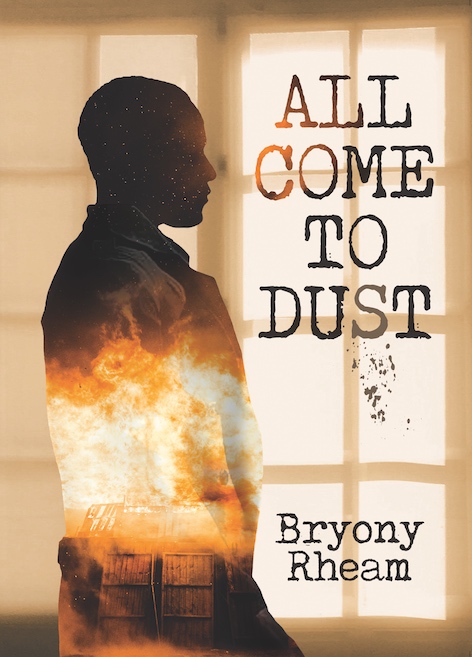
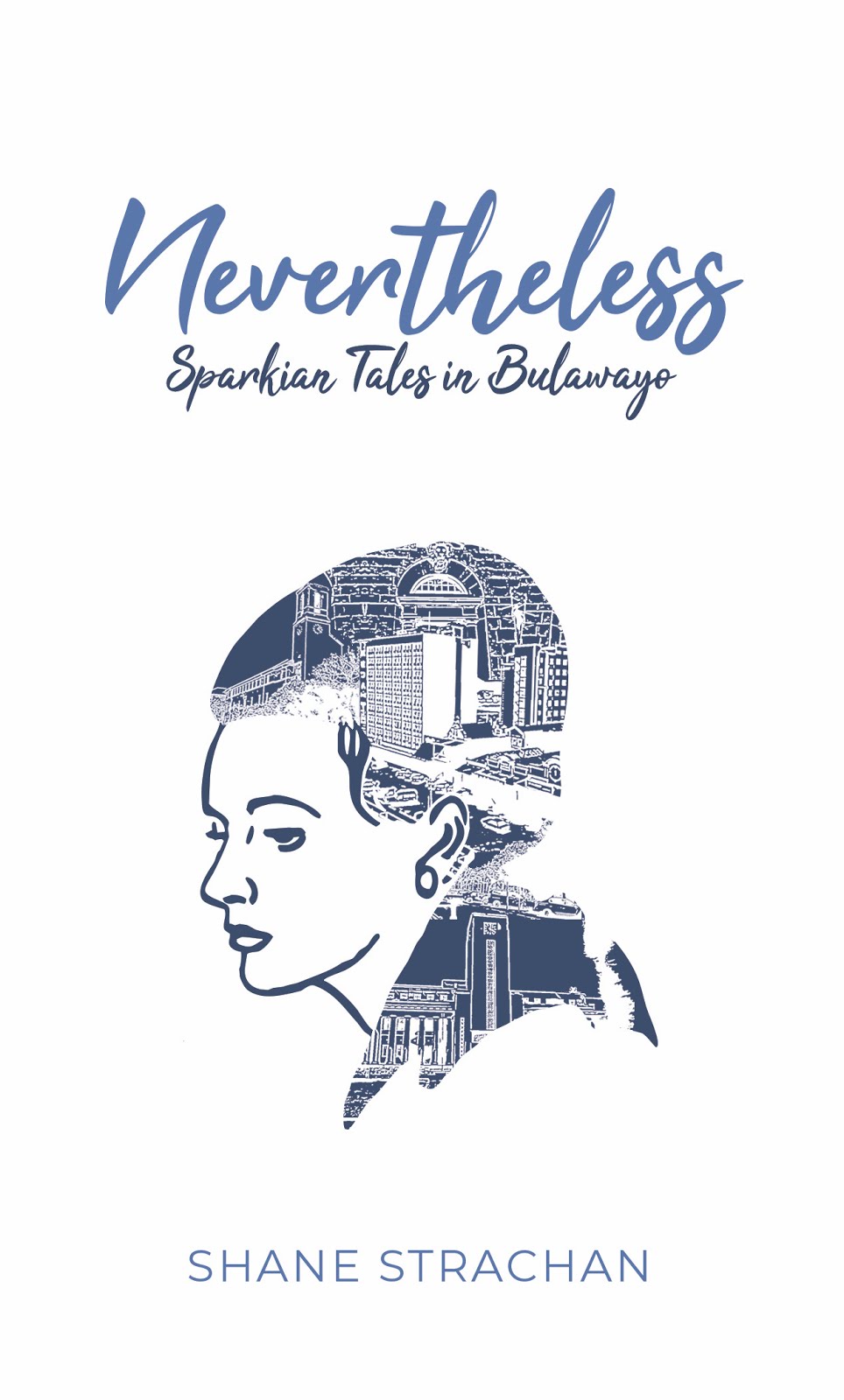





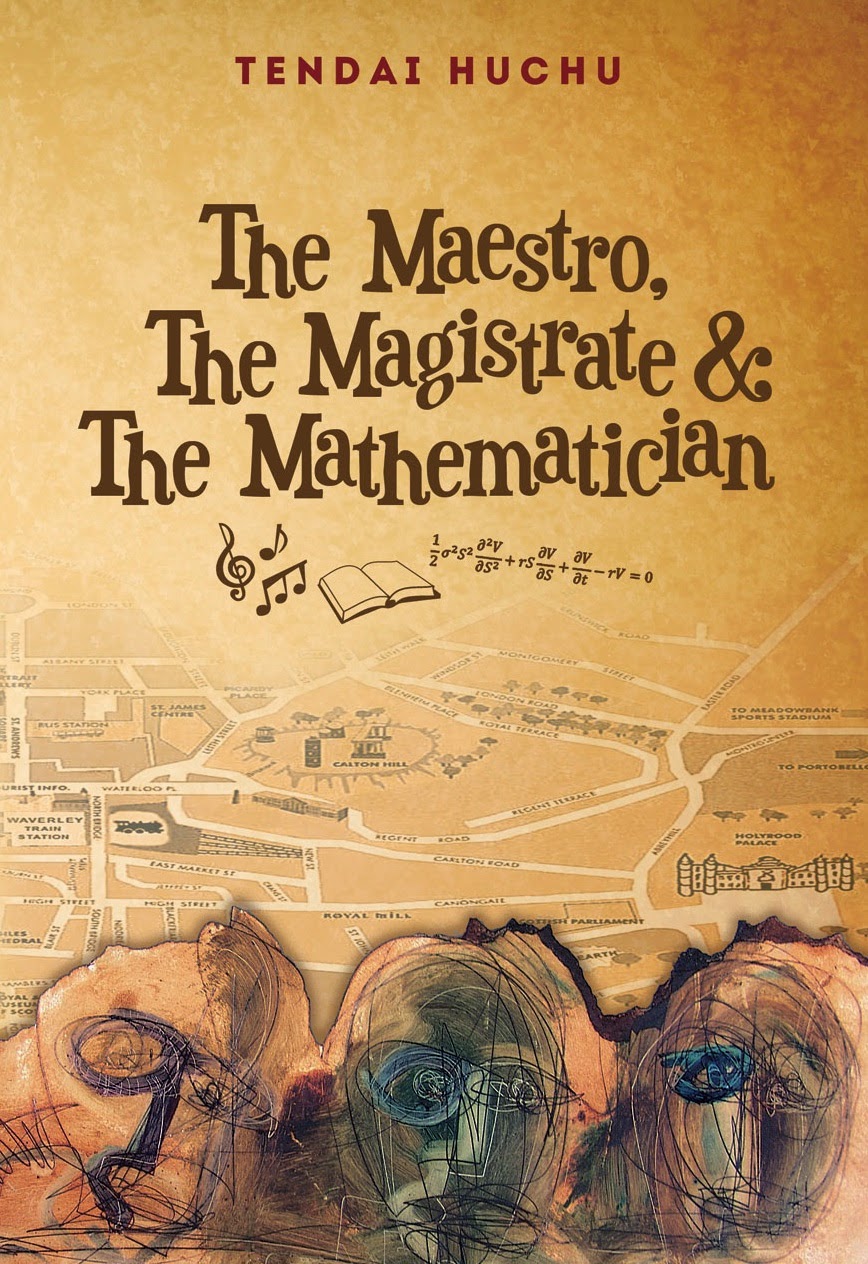
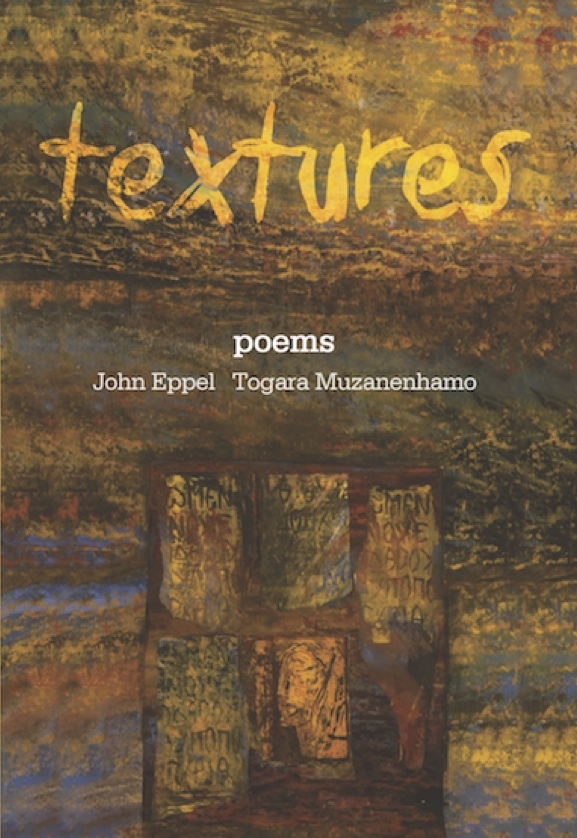
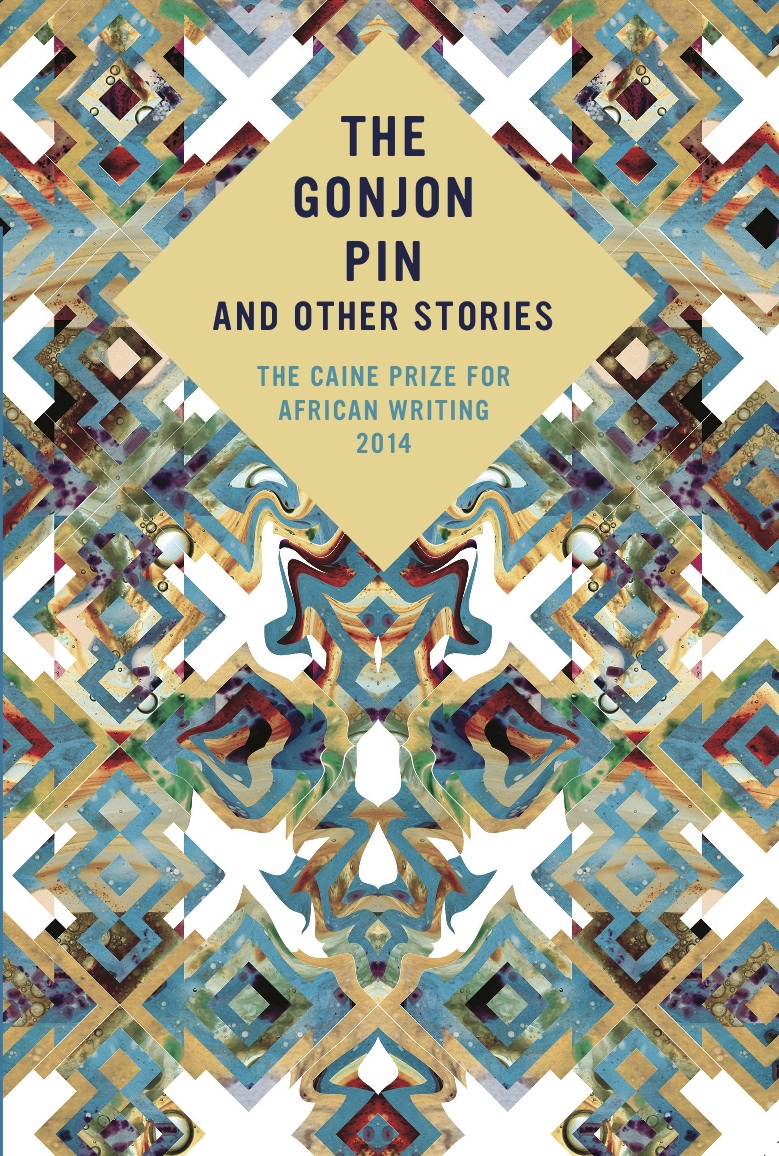
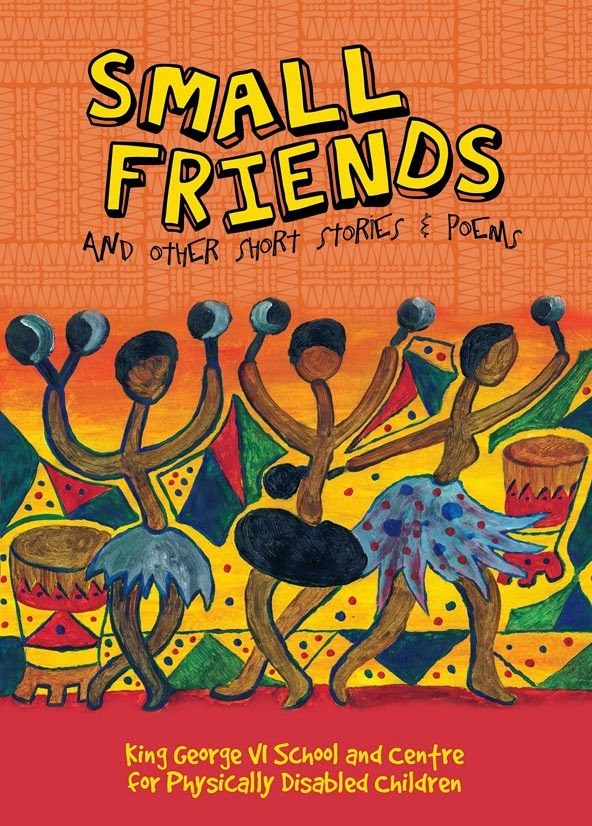
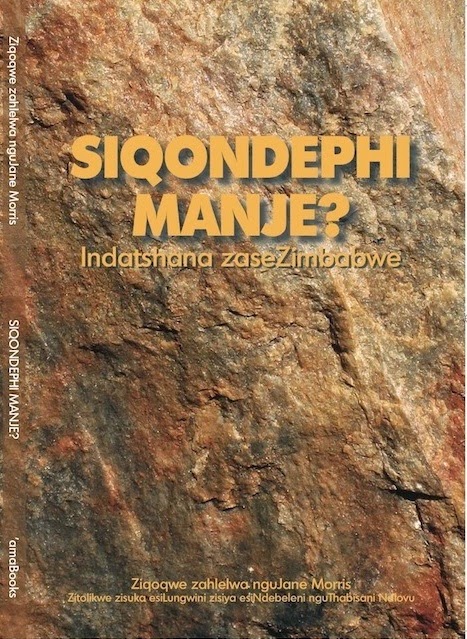
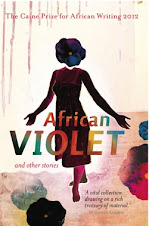

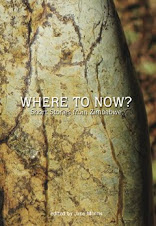
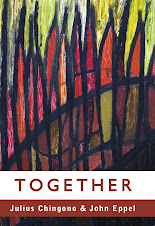
.jpg)

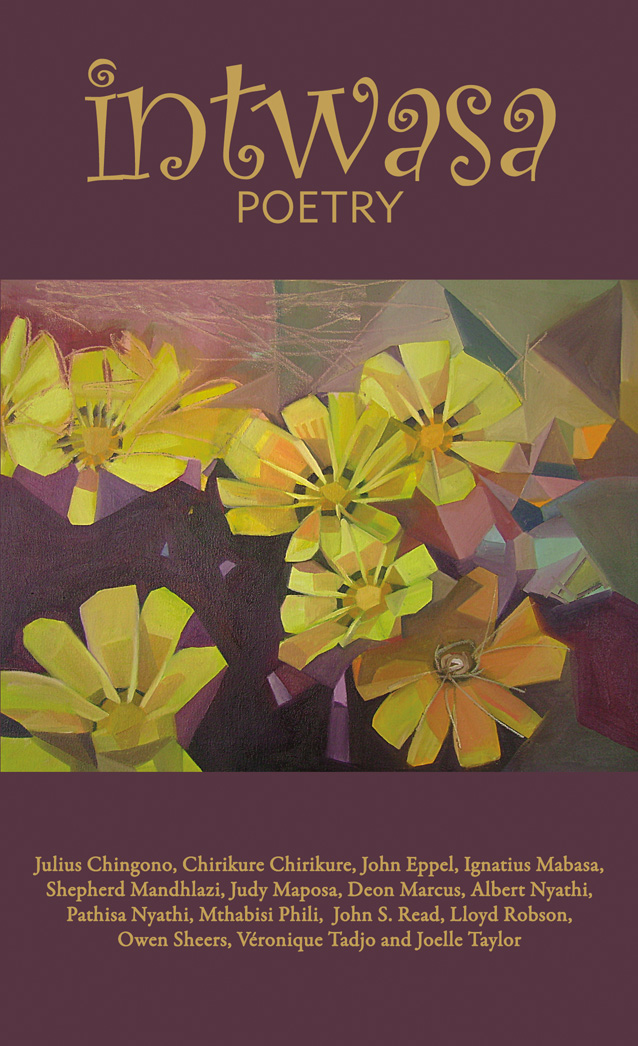


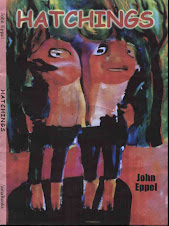













.jpg)











